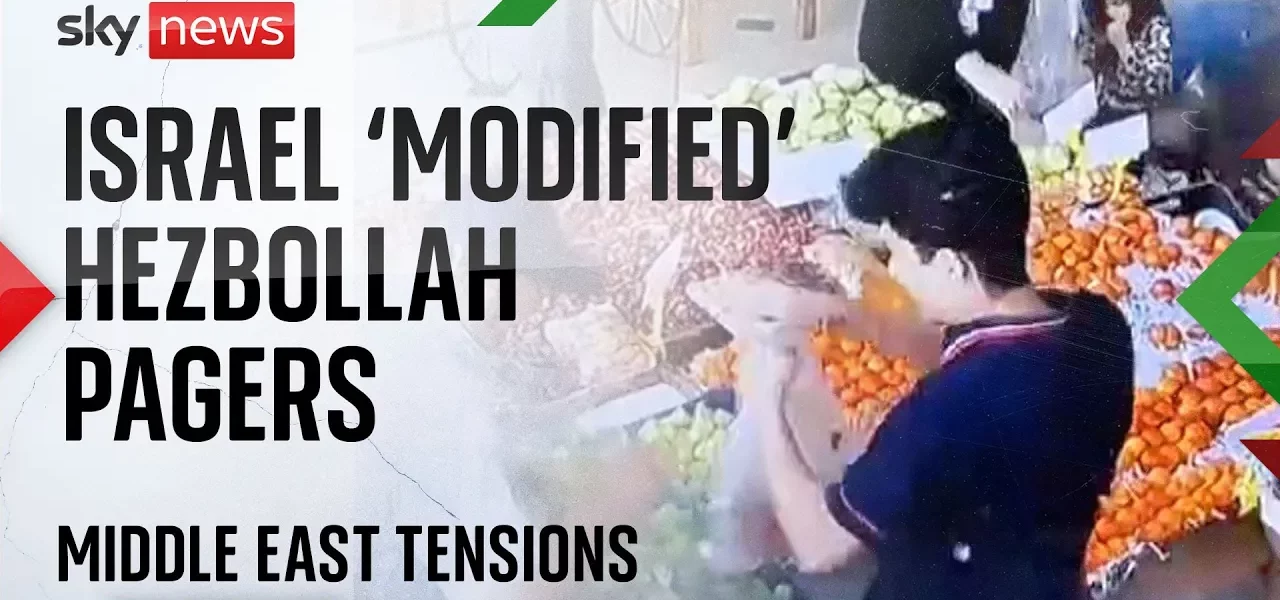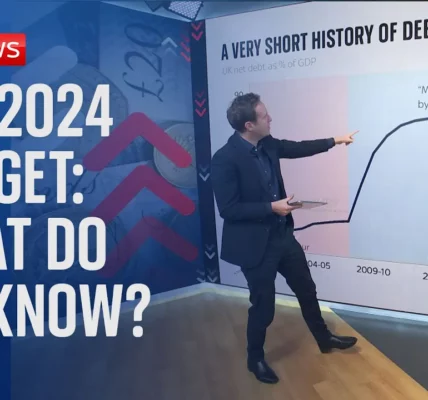Coordinated Attacks in Beirut: Implications and Responses

This article delves into the recent series of explosions in Beirut, Lebanon, exploring the context, reactions, and the potential ramifications on regional security and the role of Hezbollah.
Introduction
On a seemingly ordinary day in southern Beirut, a sudden wave of explosions rocked the Lebanese capital, sending shockwaves through the community and beyond. The detonations, which occurred in the fruit and vegetable section of a local supermarket, were not isolated incidents but part of a coordinated attack that has raised alarms about security and the ongoing tensions in the region. As details emerged, the implications of these attacks unfolded, highlighting a complex interplay of technology, warfare strategies, and psychological impacts on the population and militant groups alike.
The Sequence of Events
The explosions began with a notable incident captured on CCTV. As shoppers went about their day, a pager exploded, marking the start of a series of detonations across Beirut and even parts of Syria. Over the next thirty minutes, chaos ensued, with multiple devices going off in different locations. This section explores the details of these events.
Initial Reactions
In the immediate aftermath, the scene was chaotic. Witnesses described a mixture of confusion and horror as people struggled to comprehend what was happening. The sound of explosions was followed by shouts and cries from those injured.
- Some people reported injuries, with one individual seen holding his hand, clearly in distress.
- Conflicting reports emerged regarding the nature of the explosions; some claimed televisions exploded, while others mentioned telephones.
Understanding the Attack
As investigations began, it became clear that a specific type of device was responsible for the explosions. Initial assessments indicated that Israel was suspected to be behind these attacks, although the Israeli government had not made any official statements at the time.
Hezbollah’s Response and Implications
Hezbollah’s immediate response to the attacks was one of outrage and condemnation. The organization declared that the attacks were a direct crime against civilians and emphasized that they would hold Israel accountable for the casualties resulting from these incidents.
Heightened Security Measures
In light of the attacks, Hezbollah hospitals were placed on high alert, anticipating an influx of casualties. There were urgent calls for blood donations, demonstrating the immediate need for medical resources to treat the injured.
Technological Warfare
The use of pagers by Hezbollah, which have become a preferred communication method due to their perceived security advantages over mobile phones, was put into question. Experts suggested that this attack might have involved sophisticated hacking techniques or the implantation of explosive devices within the pagers.
- Potential hacking of lithium batteries to cause spontaneous explosions.
- Implantation of explosives during the supply chain process, indicating a well-orchestrated operation.
- Implications of a long-term engagement strategy by adversaries targeting Hezbollah.
Historical Context of Israeli Operations
The recent attacks in Beirut can be understood within the broader context of Israeli operations against its perceived enemies in the region. Israel has a history of conducting targeted operations that demonstrate its ability to infiltrate and execute complex military strategies.
Notable Precedents
Past operations have included high-profile assassinations and attacks, such as:
- In November 2020, the assassination of a senior Iranian nuclear scientist using a remote-controlled machine gun.
- In July 2023, the targeted killing of Hamas leader Ismail Haniyeh with an explosive device.
Potential for Retaliation
Given the scale of injuries and the public outcry, Hezbollah has vowed to respond decisively to these attacks. Israeli Prime Minister Benjamin Netanyahu convened an emergency security cabinet meeting to prepare for potential fallout from Hezbollah’s retaliation.
Conclusion
The recent explosions in Beirut represent a significant escalation in the ongoing tensions between Hezbollah and Israel, with profound implications for regional security and the civilian population. As the situation develops, all eyes will be on Hezbollah’s next moves and the international community’s response. It is crucial for the public to stay informed about ongoing developments and the potential for increased violence in the region. For further insights into the geopolitical implications of these events, visit our related articles.
“`




